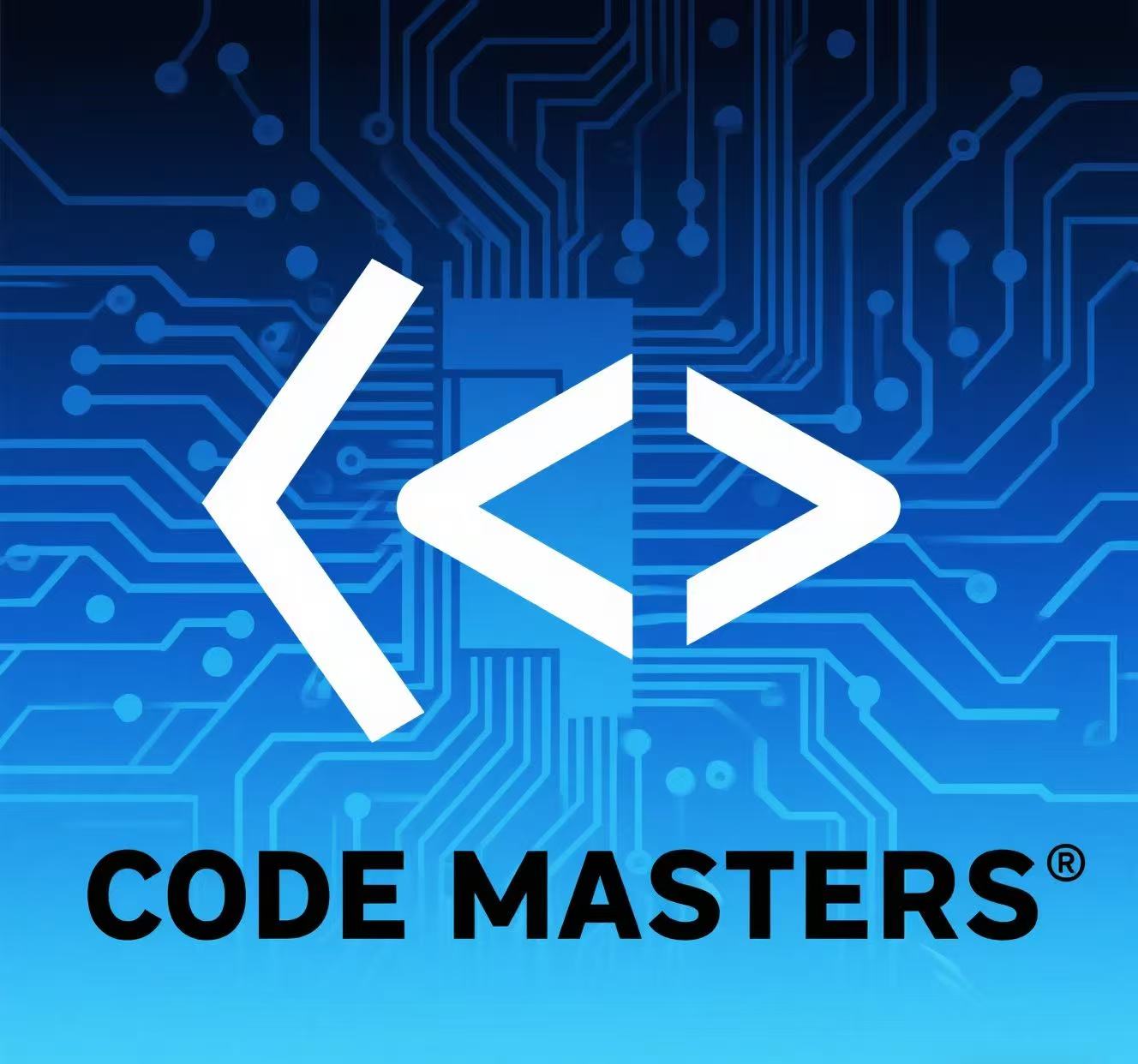Google 面试经验分享:Google Fiber事件分析系统设计题 - Oavoservice

Google 0605 面经
Candidate 在 Google coding 环节遇到了设计题 —— Google Fiber事件分析系统。
今天面试官是一个资深工程师,看起来比较专业,先是双方自我介绍,然后直接就是 Coding,上来就出一道经典的系统设计题。
题目描述
Google fiber wants to analyze events occurring on in-home devices (such as router),我们需要实现两个方法:
- addEvent(deviceId, timestamp) - 添加设备事件
- getCount(timestamp) - 获取指定时间戳的事件数量
解题思路
这是一道经典的时间序列数据处理问题,关键在于高效的时间范围查询:
- 数据结构选择:使用有序数据结构存储时间戳
- 时间范围查询:快速找到指定时间范围内的事件
- 内存优化:考虑数据量大的情况下的内存使用
- 查询优化:支持高效的时间范围统计
代码实现
from collections import defaultdict
import bisect
class EventAnalyzer:
def __init__(self):
# 存储所有事件的时间戳
self.events = []
# 按设备ID分组存储事件
self.device_events = defaultdict(list)
def addEvent(self, deviceId, timestamp):
"""添加设备事件"""
self.events.append(timestamp)
self.device_events[deviceId].append(timestamp)
print(f"设备 {deviceId} 在时间 {timestamp} 发生事件")
def getCount(self, timestamp):
"""获取指定时间戳的事件数量"""
# 使用二分查找找到小于等于timestamp的事件数量
count = bisect.bisect_right(self.events, timestamp)
print(f"时间 {timestamp} 之前的事件数量: {count}")
return count
def getCountInRange(self, start_time, end_time):
"""获取时间范围内的事件数量"""
start_count = bisect.bisect_left(self.events, start_time)
end_count = bisect.bisect_right(self.events, end_time)
count = end_count - start_count
print(f"时间范围 [{start_time}, {end_time}] 内的事件数量: {count}")
return count
def getDeviceCount(self, deviceId, timestamp):
"""获取指定设备在指定时间之前的事件数量"""
if deviceId not in self.device_events:
return 0
device_timestamps = self.device_events[deviceId]
count = bisect.bisect_right(device_timestamps, timestamp)
print(f"设备 {deviceId} 在时间 {timestamp} 之前的事件数量: {count}")
return count优化版本
使用更高效的数据结构:
class OptimizedEventAnalyzer:
def __init__(self):
# 使用有序列表存储时间戳
self.events = []
# 使用字典存储设备事件
self.device_events = defaultdict(list)
# 缓存查询结果
self.cache = {}
def addEvent(self, deviceId, timestamp):
"""添加设备事件"""
# 插入到有序位置
bisect.insort(self.events, timestamp)
bisect.insort(self.device_events[deviceId], timestamp)
# 清除相关缓存
self._clearCache(timestamp)
def getCount(self, timestamp):
"""获取指定时间戳的事件数量"""
if timestamp in self.cache:
return self.cache[timestamp]
count = bisect.bisect_right(self.events, timestamp)
self.cache[timestamp] = count
return count
def _clearCache(self, timestamp):
"""清除相关缓存"""
keys_to_remove = [k for k in self.cache.keys() if k >= timestamp]
for key in keys_to_remove:
del self.cache[key]算法分析
- 添加事件:O(log n) - 二分插入
- 查询计数:O(log n) - 二分查找
- 空间复杂度:O(n) - 存储所有事件
- 核心思想:有序数据结构 + 二分查找实现高效时间范围查询
测试用例
# 测试代码
analyzer = EventAnalyzer()
# 添加事件
analyzer.addEvent("router1", 100)
analyzer.addEvent("router2", 150)
analyzer.addEvent("router1", 200)
analyzer.addEvent("router3", 250)
# 查询计数
analyzer.getCount(200) # 应该返回3
analyzer.getCount(150) # 应该返回2
analyzer.getDeviceCount("router1", 200) # 应该返回2面试官看完直接点头:"Excellent design! The time series approach is very efficient."
Candidate 成功拿下这一轮。
这就是 OAVOSERVICE 实时 VO 辅助 的威力:
不是死记硬背题库,而是帮你在最关键的时刻,快速理清思路,稳定发挥,稳稳过关!
面试技巧分享
在 Google 的面试中,除了算法实现,面试官还会关注:
1. 数据结构选择
能够合理选择有序数据结构来实现高效的时间范围查询。
2. 性能优化
能够提供多种优化方案,包括缓存和内存优化。
3. 系统设计思维
从实际应用角度考虑大规模数据处理的设计。
4. 代码质量
写出清晰、高效的代码,注意类的设计和接口。
Oavoservice 实时辅助服务
在这次 Google 面试中,我们的实时辅助系统发挥了关键作用:
- 快速思路提示:在候选人卡壳时,立即提供时间序列处理的核心思路
- 算法指导:推荐使用有序数据结构和二分查找来实现高效查询
- 代码优化:提供最优的代码实现,包括基础版本和优化版本
- 系统设计:帮助候选人从实际应用角度思考问题
结语
Google Fiber事件分析系统设计虽然是一道经典题目,但在面试的紧张环境下,能够快速理清思路并正确实现并不容易。这就是为什么我们的实时辅助服务如此重要。
如果你正在准备 Google 或其他公司的技术面试,欢迎联系 Oavoservice。我们拥有丰富的面试经验和专业的辅助团队,能够在你最需要的时候提供及时有效的帮助。
Oavoservice - 让每一次面试都成为成功的机会!
需要辅助的同学随时dd哦,vo开始前支持mock!
